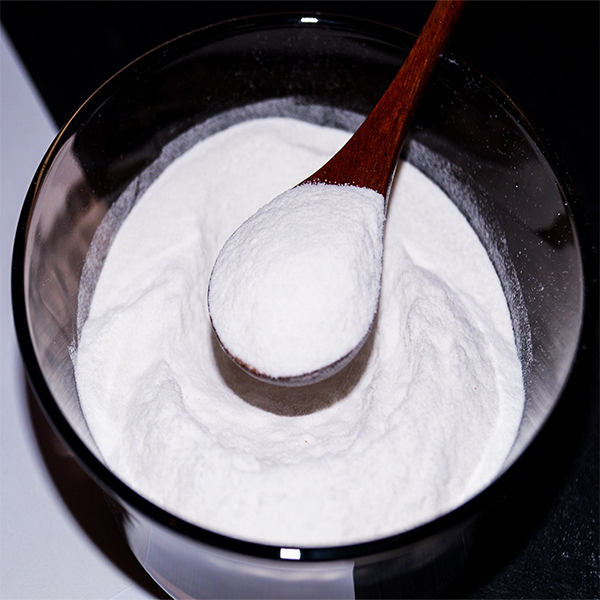HPMC A Versatile Polymer in Modern Applications
Hydroxypropyl methylcellulose (HPMC) is a widely used cellulose derivative that has gained immense popularity in various industries due to its unique properties and versatility. As a non-ionic, water-soluble polymer, HPMC is utilized in food, pharmaceuticals, cosmetics, and construction, among other fields. This article explores the key attributes, applications, and benefits of HPMC, emphasizing its importance in contemporary technology and production.
Properties of HPMC
HPMC is synthesized from natural cellulose through a series of chemical modifications, primarily hydroxypropylation and methylation. This process imparts specific characteristics, making HPMC an excellent choice for many applications. Some of its notable properties include
1. Water Solubility HPMC is highly soluble in water, forming a clear and viscous solution. This property is particularly advantageous in food and pharmaceutical applications where it can act as a thickening agent, stabilizer, or emulsifier.
2. Viscosity Control The ability to adjust the viscosity of HPMC solutions makes it suitable for various formulations. Manufacturers can tailor the viscosity by altering the degree of substitution, enabling precise control over the texture and flow of products.
3. Thermal Stability HPMC exhibits excellent thermal stability, which allows it to maintain its properties under heat. This quality is crucial in cooking and processing applications, where high temperatures are prevalent.
4. Biocompatibility The polymer's non-toxic and biocompatible nature makes it suitable for medicinal and cosmetic products, ensuring safety for human use.
Applications of HPMC
The multifaceted nature of HPMC allows it to seamlessly integrate into numerous industries. Here are some of the key applications
1. Food Industry In food processing, HPMC serves as a thickener, stabilizer, and emulsifier. It enhances the texture of products such as sauces, ice creams, and baked goods. Additionally, its ability to retain moisture is beneficial for improving shelf life and overall quality.
hpmc cellulose hydroxypropyl methyl

2. Pharmaceuticals HPMC plays a crucial role in the pharmaceutical industry, particularly in the formulation of controlled-release drug delivery systems. Its film-forming ability allows for the creation of tablets and capsules that release active ingredients over extended periods, ensuring therapeutic efficacy.
3. Cosmetics and Personal Care This polymer is widely used in cosmetics and personal care products, including shampoos, lotions, and gels. HPMC acts as a thickening agent, providing the desired consistency and stability while enhancing the sensory experience for consumers.
4. Construction In the construction industry, HPMC is an essential ingredient in cement, adhesives, and mortars. It improves the workability, water retention, and adhesion properties of construction materials, thereby enhancing performance and durability.
Benefits of HPMC
The benefits of incorporating HPMC into various products are numerous
- Enhanced Product Quality By improving texture, stability, and moisture retention, HPMC contributes to the overall quality of products, making them more appealing to consumers.
- Versatility Its wide range of applications makes HPMC a go-to polymer across different industries, streamlining production processes and facilitating innovation.
- Safety and Compliance HPMC is generally recognized as safe (GRAS) by regulatory bodies, ensuring consumers can trust products containing this polymer.
- Sustainability As a derivative of natural cellulose, HPMC is recognized for its potential to contribute to more sustainable practices in various sectors.
In conclusion, hydroxypropyl methylcellulose is a remarkable polymer with diverse applications and benefits. Its water solubility, viscosity control, and biocompatibility make it an indispensable ingredient across multiple industries, from food and pharmaceuticals to cosmetics and construction. As technology continues to evolve, the role of HPMC is likely to expand further, reinforcing its status as a key component in innovative and sustainable product development.
-
The Application and Significance of Construction RdpNewsMay.19,2025
-
Industrial Grade HpmcNewsMay.19,2025
-
Building Coating Adhesive Building Coating Adhesive HpmcNewsMay.19,2025
-
Application Of Hpmc For Detergent For Detergent In DetergentsNewsMay.19,2025
-
Application Of Hpmc Cellulose In Cement-Based MaterialsNewsMay.19,2025
-
Application Of High Quality Hpmc For Construction In The Field Of ConstructionNewsMay.19,2025




